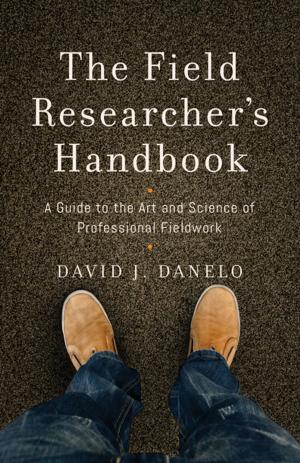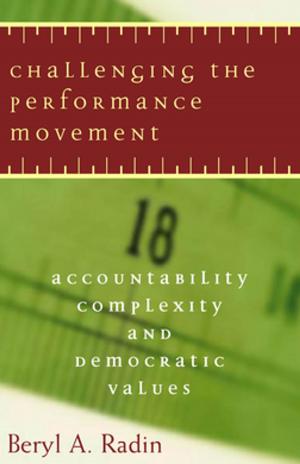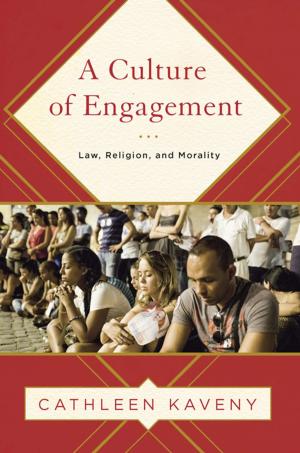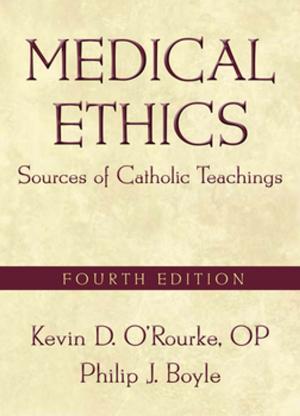| Author: | Robert M. Veatch, Lainie F. Ross | ISBN: | 9781626161696 |
| Publisher: | Georgetown University Press | Publication: | January 22, 2015 |
| Imprint: | Georgetown University Press | Language: | English |
| Author: | Robert M. Veatch, Lainie F. Ross |
| ISBN: | 9781626161696 |
| Publisher: | Georgetown University Press |
| Publication: | January 22, 2015 |
| Imprint: | Georgetown University Press |
| Language: | English |
Although the history of organ transplant has its roots in ancient Christian mythology, it is only in the past fifty years that body parts from a dead person have successfully been procured and transplanted into a living person. After fourteen years, the three main issues that Robert Veatch first outlined in his seminal study Transplantation Ethics still remain: deciding when human beings are dead; deciding when it is ethical to procure organs; and deciding how to allocate organs, once procured.
However, much has changed. Enormous strides have been made in immunosuppression. Alternatives to the donation model are debated much more openly—living donors are used more widely and hand and face transplants have become more common, raising issues of personal identity. In this second edition of Transplantation Ethics, coauthored by Lainie F. Ross, transplant professionals and advocates will find a comprehensive update of this critical work on transplantation policies.
Although the history of organ transplant has its roots in ancient Christian mythology, it is only in the past fifty years that body parts from a dead person have successfully been procured and transplanted into a living person. After fourteen years, the three main issues that Robert Veatch first outlined in his seminal study Transplantation Ethics still remain: deciding when human beings are dead; deciding when it is ethical to procure organs; and deciding how to allocate organs, once procured.
However, much has changed. Enormous strides have been made in immunosuppression. Alternatives to the donation model are debated much more openly—living donors are used more widely and hand and face transplants have become more common, raising issues of personal identity. In this second edition of Transplantation Ethics, coauthored by Lainie F. Ross, transplant professionals and advocates will find a comprehensive update of this critical work on transplantation policies.















